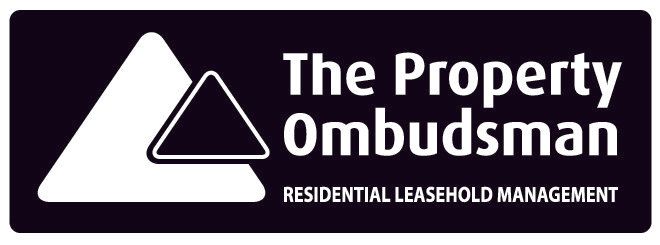Electrical Testing: new rules for landlords
What are the new regulations and who do they affect?
Subject to parliamentary approval, the new regulations will require Electrical Installation Inspections and testing to be carried out every five years, by a qualified person.
Landlords will be required to obtain a copy of the report and supply it to new tenants before they move in. They will also be required to supply it to any prospective tenant within 28 days, should they ask for it. It should also be retained and made available for the qualified person appointed to carry out the next test.
It’s worth noting that the likes of student accommodation, social housing and other such tenancies will likely be excluded. However, Assured Shorthold Tenancies will almost certainly need to comply with the new regulations, which are being introduced in large part to alleviate the risk of electrical fires.
What are the timings?
The new regulations have yet to be approved by the Houses of Parliament, but the intention is for them to come into force on the 1st June 2020. Directly affecting new tenancies starting from 1st July 2020, and existing tenancies from 1st April 2021.
The important thing to note is that it’s a matter of when, not if. The Government’s intention to introduce the regulations is clear; even if they bypass the 1st June deadline, we can still expect them to come into effect sometime in the near future.
Can Cleaver Property Management help?
Cleaver Property Management already operate on a recommended timeframe of five years between Electrical Installation Condition Reports for communal electrics. But the new regulations, which apply to individual private rented properties, will be the responsibility of the Landlord.
If you would like to know if there is a Satisfactory report in place for the communal electrics of your property, get in touch. If there is a report available, we can provide you a copy. Otherwise, we can look into getting one arranged, subject to approval by the RMC, RTM Company or Freeholder.
Who's qualified?














